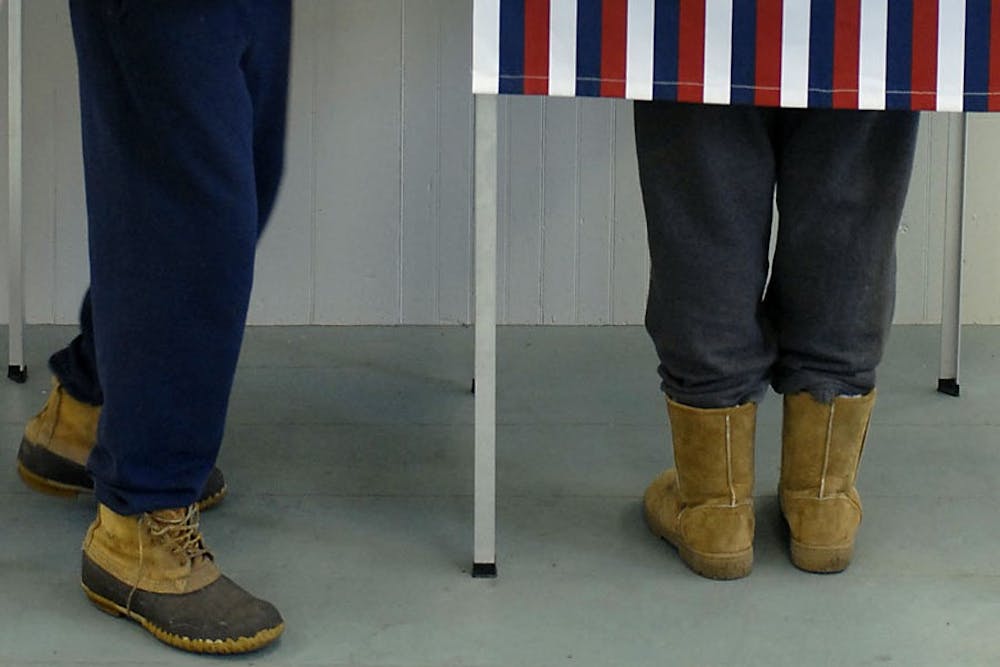Several states, including Arizona, have what is called a “closed primary.” These primaries make sure only registered Republicans and Democrats can vote for their respective candidates.
For example, in Arizona, registered Republicans are the only voters allowed into polling stations to fill out a ballot for the Republican Primary and vice versa for Democrats.
Then there are states like Virginia, where if you are an independent voter and want to vote in either primary, you must sign a pledge of allegiance to one party or another in order to vote in the primary.
Open primaries, on the other hand, allow any registered voter to enter a polling station and vote in whichever party's primary they wish.
Closed primaries are not democracy. They limit the amount of people who can vote in this country, and we don’t need that when we were at an all-time low in voter turnout in 2014.
U.S. voter turnout is very low. But what if something is happening here? https://t.co/hBzKKZi2RK pic.twitter.com/OPAaxX25h0
— Bob Schwartz (@bobmschwartz) February 18, 2016
Independents shouldn’t be forced to sit on the sidelines while the most extreme candidates are picked to run against each other.
According to Gallup, a record high 42 percent of the voting population now identifies as independent. That 42 percent usually decides the general election, but those independents usually look for moderate candidates, which have already been eliminated by the time the primaries are over.
Source: Gallup
Closed primaries are used as ways to eliminate different types of voter fraud.
Understandably, closed primaries make sure Republicans only vote for Republicans and vice versa. As crazy as it sounds, it is still possible for one party to gather and vote for the worst candidate in the other party to try to ensure their candidate wins in a landslide.
Between 2002 and 2005, out of the 197 million votes cast for federal candidates, only 40 voters were indicted for fraud. Only 26 of those cases actually resulted in a conviction.
Closed primaries are not needed in American democracy; they limit the choice the right to vote provides citizens as well as exclude the most vital voting population in the entire country.
Reach the columnist at abundy@asu.edu or follow @abkbundy on Twitter.
Like The State Press on Facebook and follow @statepress on Twitter.
Editor’s note: The opinions presented in this column are the author’s and do not imply any endorsement from The State Press or its editors.
Want to join the conversation? Send an email to opiniondesk.statepress@gmail.com. Keep letters under 300 words and be sure to include your university affiliation. Anonymity will not be granted.




